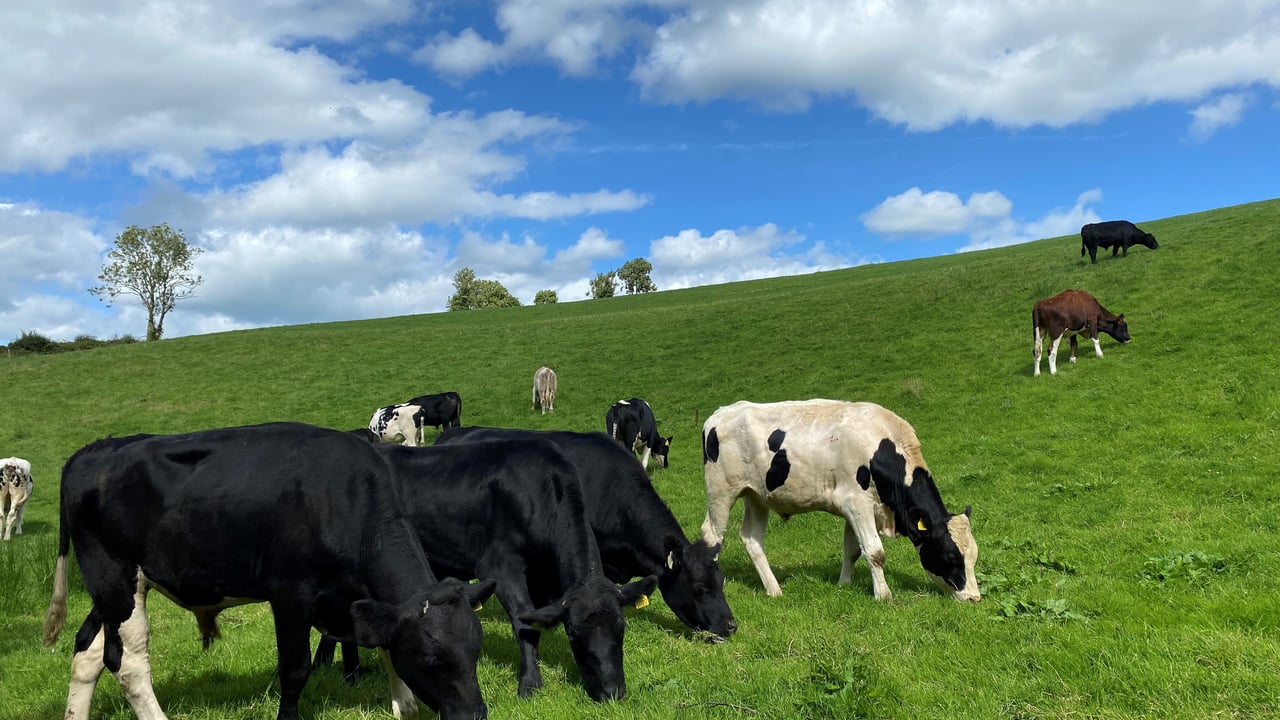Average slaughter age up, carcass weights down in 2024
The average slaughter age of steers (bullocks), heifers and young bulls increased in 2024 compared to 2023 but has reduced by 45 days when compared to 2010, according to Teagasc and University College Dublin (UCD) research on national cattle performance.
Research from Teagasc Grange's Paul Smith, Mark McGee, Bernadette Earley, Edward O’Riordan, Paul Crosson and David Kenny and UCD's Alan Kelly in the Teagasc March Beef Advisory Newsletter highlighted that 1.26 million prime beef cattle were slaughtered in 2024.
The average carcass weight of all prime cattle (steers, heifers and young bulls combined) was 326kg in 2024, with an average slaughter age of 26.5 months.
The table below details the average slaughter age of steers, heifers and young bulls in 2024 compared to 2023:
| 2024 | 2023 | |
|---|---|---|
| Steers | 27.6 months | 27.3 months |
| Heifers | 26.4 months | 26 months |
| Young bulls | 19.5 months | 19.1 months |
As the table above indicates, the average slaughter ages of steers, heifers and young bulls all increased slightly in 2024 when compared to 2023.
While age at slaughter increased, carcass weights fell for steers and heifers but remained the same for young bulls.
The table below details the average carcase weight of steers, heifers and young bulls in 2024 compared to 2023:
| 2024 | 2023 | |
|---|---|---|
| Steers | 305kg | 300kg |
| Heifers | 339kg | 344kg |
| Young bulls | 365kg | 365kg |
The Teagasc and UCD researchers attributed challenging weather conditions during 2023 and early 2024 as a factor that likely had "a negative impact on the growth rate of steers and heifers especially".
While the research update did not mention the growing influence of dairy genetics on the national beef kill, this is also a likely contributor to the drop in average heifer and steer carcass weights nationally.
Teagasc, in collaboration with the Irish Cattle Breeding Federation (ICBF) and UCD, recently commenced an on-farm study as part of the Department of Agriculture, Food and the Marine (DAFM)-funded Beef-Quest project.
This project aims to identify the predominant animal nutrition, health and on-farm environmental factors that affect growth and subsequent finishing age of cattle on Irish commercial beef farms.
Findings from this study will "help develop practical and targeted measures for achieving beef cattle growth targets at a younger age", according to the research partners.





